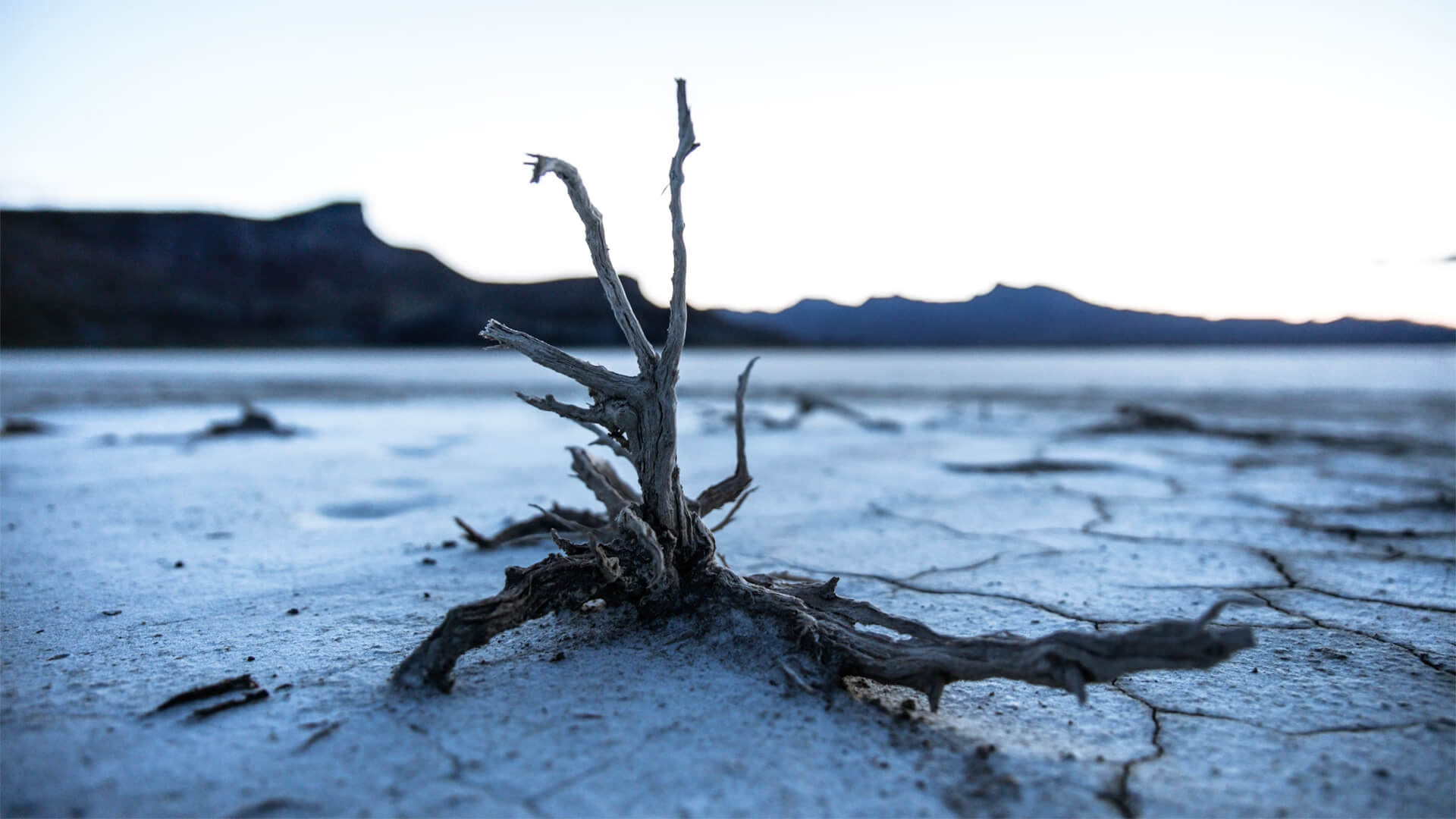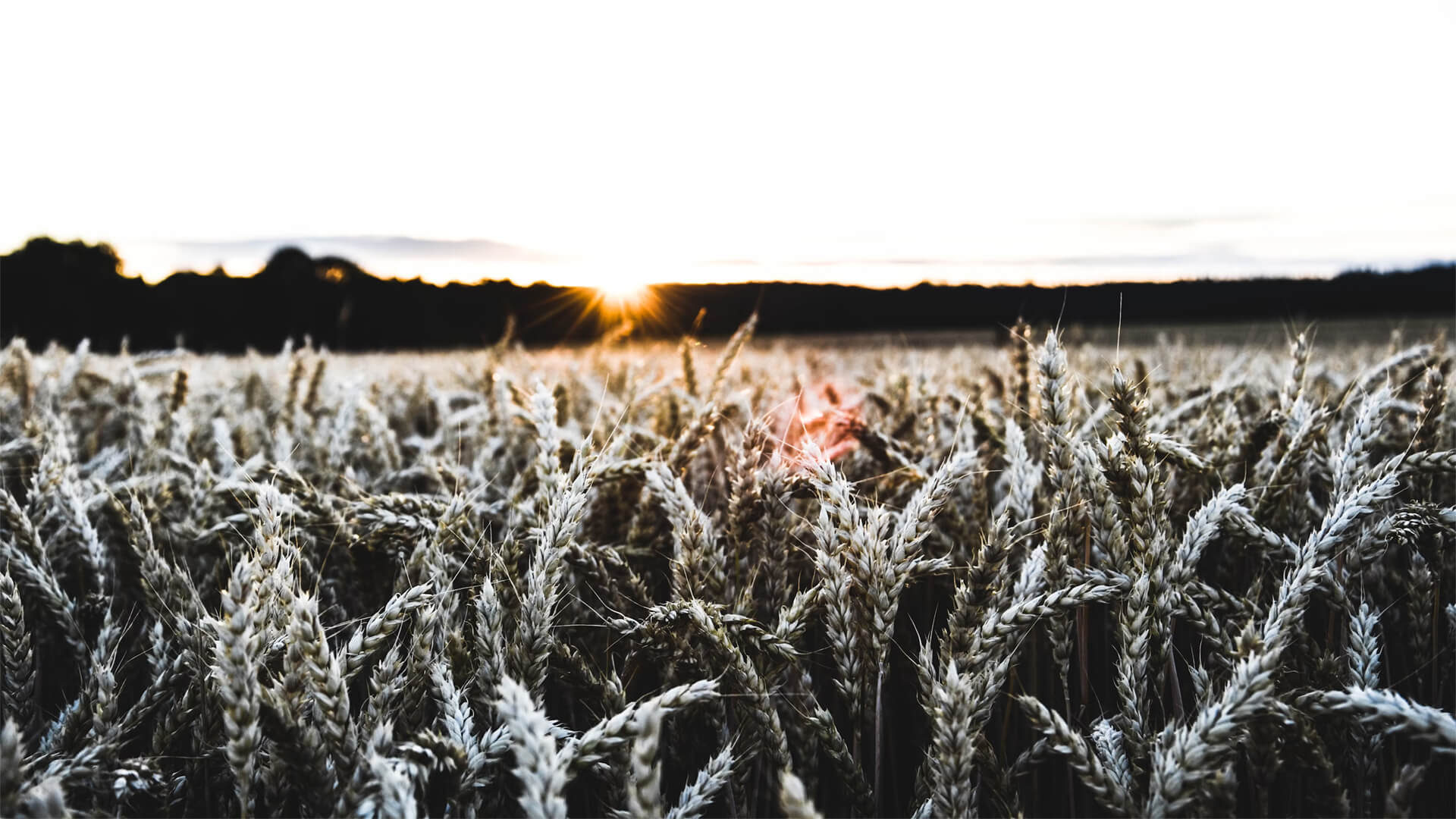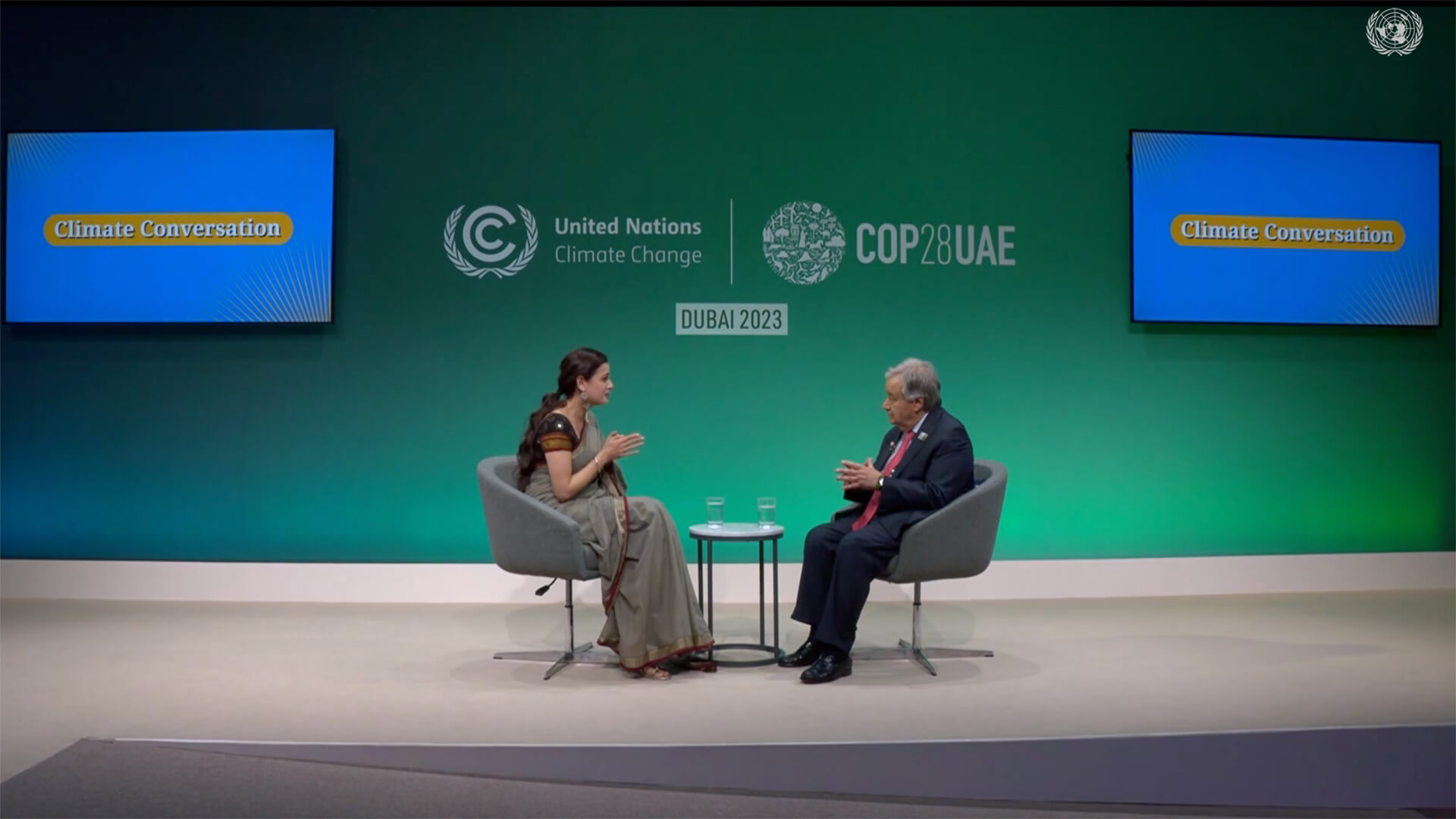With a glacier as the backdrop for this video, I figured it only appropriate to discuss resource exploitation, Arctic shipping, and agriculture as it relates to climate change.
Places like Canada and Greenland hold immense resources, but extraction isn’t straightforward. Given the harsh conditions (an ice sheet in Greenland and permafrost in Canada), these resources will remain where they are until some new tech comes along or some drastic changes occur. The use of the Arctic Ocean as a shipping route is another hot topic. Given that the Arctic won’t be ice-free in the winter for a while, this route poses some big challenges: lack of icebreakers, infrastructure limitations, and demographic issues in the countries that could make this happen.
However, a more immediate impact will be felt on global agriculture. Wheat thrives in extreme conditions and depends upon globalized supply chains for fertilizers and irrigation. These supply chains will weaken in the coming years and could even collapse, leading to widespread famine in several places.
Sure, there will be some new opportunities tied to climate change, but the crises that will follow should be of much greater concern.
Here at Zeihan on Geopolitics, our chosen charity partner is MedShare. They provide emergency medical services to communities in need, with a very heavy emphasis on locations facing acute crises. Medshare operates right in the thick of it, so we can be sure that every cent of our donation is not simply going directly to where help is needed most, but our donations serve as a force multiplier for a system already in existence.
For those who would like to donate directly to MedShare or to learn more about their efforts, you can click this link.
Transcript
Hey everyone. Peter Zeihan here. Coming to you from New Zealand at the Earnshaw glacier, Ernst falls. Ernst. Ursula mountain. You get the idea. Considering the location and considering the popular request, I’m going to use this as an opportunity to talk about the geopolitics of climate change. Everyone, including team Trump, is now talking about the effect that it’s going to have on the system.
Of course, everyone is dealing with their own way. The Trump administration, the incoming Trump administration, is of the belief that as seaways and minerals become available, the United States preemptively reach out and grab the relative in territories. Ergo, a lot of the talk about Greenland and Canada specifically, but it’s not that clear cut. And it’s not that short term.
Well, the Ursula Glacier here, like almost all in the world, is in rapid retreat. It’s still going to be around for a few decades. And when you look at things like the permafrost in northern Canada or the ice in Greenland, you have a much more durable climate zone. So, for example, in the permafrost, it’s a mess. In the summer it’s a swamp, it’s mushy, it’s hard to build things on.
And there is only one road leading from mainland Canada, where populated Canada up above the Arctic Circle to Yellowknife. Actually, that’s not even above the Arctic Circle, I don’t think. I’m not sure about that. Anyway, one road open seasonally. Anything north of that is a mushy frozen mess. And they basically, if they’re going through mineral extract, they have to build a runway with things that the air drop in and then fly in supplies.
And there aren’t a lot of materials on the world that you can produce and then fly out because there’s a processing step. So meaningful climate change, it allows for the exploitation of northern Canada isn’t going to take years or even decades. It’s going to be a couple of centuries. Greenland, maybe a little bit faster there. You’ve got an ice sheet that’s over a kilometer thick.
For those of you on the Americans, that’s point six miles. It will probably be well over a century before technology exists to go after it, or for the ice to slow off. By then, the West Antarctic Ice sheet will probably already collapse. We’ll be in a functionally different sort of situation anyway. So are there minerals up there?
Undoubtedly. Are they accessible in a human lifetime with today’s technology? Absolutely not. And anyone else is trying to sell you some snake oil or is just dumb. Okay. Second shipping. The idea is that as the ice retreats on the seas in the Arctic Ocean, you could then open up a direct route from Northeast Asia to Western Europe.
But let’s be honest about what we’re talking about here. This is a China play. So the theory would be that the Chinese are going to build infrastructure along this multi thousand mile coastline, so they can then open the shipping route. Well let’s talk timing. If you want to do that you have to wait for the Arctic to be ice free in the winter.
That’s not ten years. That’s not 20 years. That’s 60 or 70 years. Most likely because the Eastern navigation will be gone every single time the moving sea ice comes through. Far more importantly,
It’s all Russian territory that is on that sea bridge. And I don’t know if you knew this, but building roads in Russian Siberia is just as difficult as building them in Canadian tundra.
So there is one, exactly one road that goes from populated Russia north of the Arctic Circle to the city of Murmansk. That’s it. And that’s all the way at the northwest part of Russia, almost to Norway. The rest of the coastline is either unpopulated or unlinked to any physical infrastructure. So once again, you have to wait for summer to get things in there.
So things, simple things like search and rescue just can’t happen. Also, newsflash two problems. Number one, the Russians are dying out. And when it comes to the point where they have to choose what to abandon, the Arctic will probably be at the top of the list because there’s not a security threat from the Arctic. Second newsflash the Chinese are dying out, and China as a country won’t be long gone before the Arctic is ice free.
And one final point on the maritime transport issue. Do you want to patrol the Arctic Ocean? You either have to wait for it to be ice free decades from now, or you need an icebreaker fleet that can handle moving sea ice that’s thick. There are only a handful of ships that can do that in the world. Most of them are Russian.
They’re nuclear. Oh, but a surprise. The Russians can’t build them anymore. They need parts from the West. And surprise the equipment they need to try to assemble. Everything just sank in the Mediterranean about a month ago. That just leaves Canada, which has icebreakers that are decent, but it’s not enough to control their own territory.
You want to do this for real? You not only are subsidizing the Chinese, you have to build dozens of ships that are purpose built for one thing and have no use anywhere else in the world. We only have a 300 ship navy. You’d need at least 50 of these things cruising around the Arctic Circle if you want to do anything meaningful.
And there’s nothing meaningful to do.
Good thing that we’re going to steal first from climate change isn’t about transport, and it isn’t about minerals. It’s about agriculture. Because right now, the single largest calorie crop in the world for human consumption is wheat. And wheat is a weed. It grows anywhere. The places that are too hot or too wet or too dry or too cold for anything else.
You can still grow wheat. But in a globalized system where you can access things like fertilizers and industrial irrigation. What we have done over the last 80 years is progressively push wheat to the margins, in places where only wheat will grow, and everywhere else we grow. Everything else that is worth more money. Citrus, avocado, soy, cannabis, you name it.
So if we had a globalization scenario with or without climate change, you can count on those supply chains that provide us with all the raw materials and all the machinery and all the logistical support that allows us to grow wheat in places. Nothing else will grow to break. And large portions of the world that today grow wheat won’t be able to anymore.
The places I’m most concerned about Kazakhstan, Russia, China and those are three of the big six producers. So we will see famine long before we see meaningful traffic on the Arctic Ocean, long before we see meaningful mineral extraction from Canada or Greenland. Yeah, that.







